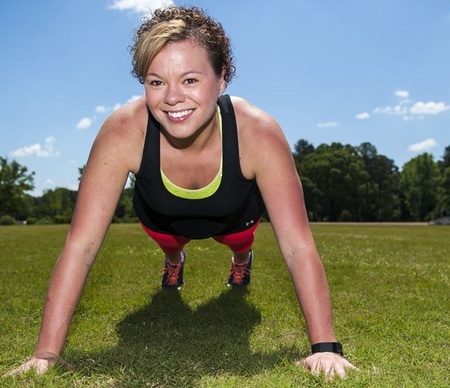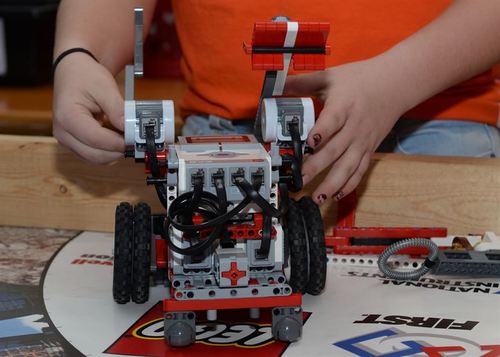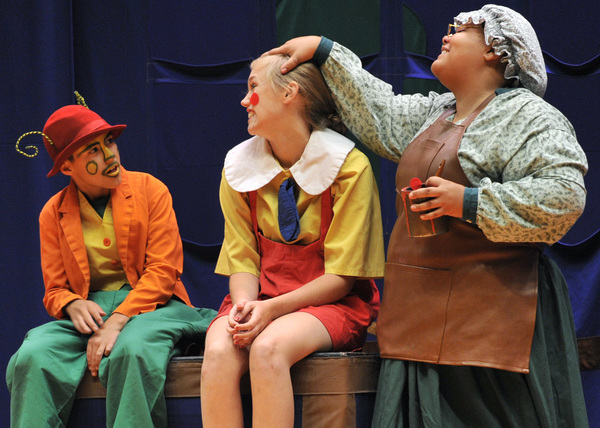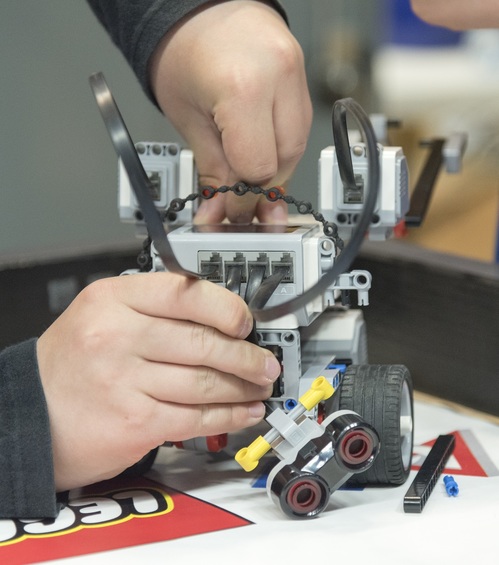It's no longer a secret that obesity is a full-blown health epidemic in America. If your child or teen is unhealthily overweight, they're not alone.
Fortunately, there are weight loss summer camps that provide both the enjoyment and teach the skills necessary to live a healthy lifestyle. While some people are simply fortunate to have fast metabolism or physical advantages, the ability to live a healthy life is a teachable skill.
Losing weight is difficult, and there can be discouraging setbacks. So if you're considering weight loss summer camp for your child or teen and want them to have the best opportunity for success, consider these three tips.
1. Make Sure Your Child or Teen Is Committed.
Have an open, honest discussion with your child or teenager. Discuss the potential health complications about being overweight or obese. Do not make the discussion about how they look.
Focusing on appearances leads people to feel shame, which can make them feel hopeless. They probably already feel poorly because their peers at this age can
Instead, make sure that they are on board with improving their health at a weight loss summer camp. If they go in with a positive mindset, your child or teen exponentially increases their chance at success. Psychology is half the battle.
2. Start with Healthy-Eating Habits.
Weight loss camp won't help your child or teen if they can only maintain healthy eating habits while at camp. Losing weight is a commitment, and the weight can come back as easily as it can shed.
With that said, start with healthy eating habits. Fewer greasy fried foods. Lean meats if you are a meat-eating household. More vegetables and fruits, especially when snacking. Fewer foods drenched in sauces.
This is all stuff you've heard before, but if you don't start these habits before camp and keep them up after camp, then any progress made in camp will not stay.
3. Convince Your Child or Teen of the Fun Activities.                        Â
The idea of a weight loss camp can seem like a drag. It sounds like hard work.
The good news is that these camps are actually fun. Getting outside, doing physical activity, naturally produces chemicals in the brain that make people feel better.
So help your child or teen understand that they will be playing games like basketball or volleyball. They'll get out of the heat with swimming. And they'll learn skills that they can take with them after camp is done.
Â




